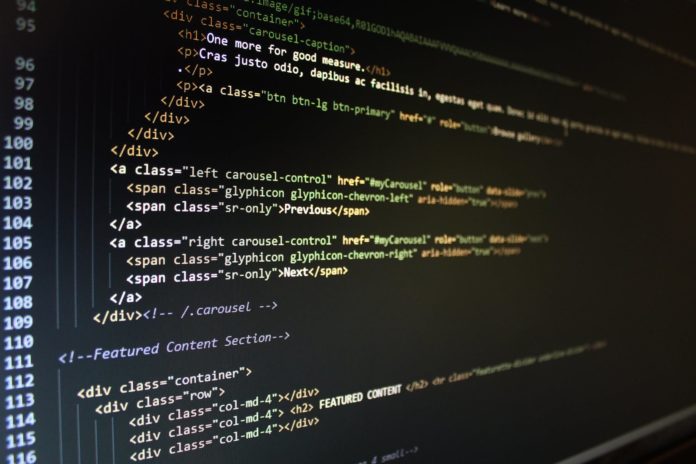By Shikhar Aggarwal
In today’s digital age, keeping your data private and secure is a prime concern. When you travel internationally, you need to pass through a stringent documentation process as per the applied visa and immigration procedure specific to the visa category that you are applying for. Usually, this entire process takes place either at embassies or at visa service providers.
Leaving all your personal data, identity credentials, financial information, residential information and biometrics with a third party might leave you in a state of conundrum. Handing over increasing amounts of personal data is now another consequence of seeking safety away from home and hence has a direct relation with visa and immigration processes. Hence, ascribing to the security need for a large amount of personal data, organisations are adopting artificial intelligence (AI) mechanism in their business.
Application of AI in processing visa is making the process faster and effective and at the same time ensuring privacy and data security. There’s no denying that the adoption of AI is picking up pace in various sectors, including visa and consular services. According to industry experts, nearly 80% of businesses these days are investing in AI. By 2020, more than 50% of the operations and enterprise data will be managed autonomously. Many software professionals and experts are also of the opinion that practicing AI across industries will give AI software revenue a phenomenal ascend to $90 billion by 2025.
Artificial intelligence can automate threat detection
AI allows you to automate the detection of threat and combat the same even without the involvement of humans. Since AI is totally machine language-driven, it assures complete error-free cyber-security services. Moreover, companies have also started to put more resources than ever for boosting AI-driven technologies. It’s getting seeped into all kinds of departments and industries, enabling impossible digital and data convergence with the blink of an eye.
The visa process outsourcing industry is using AI in various formats like online appointment booking, mobile biometric services, E-Visa, and allied contact center to name a few. The strength of this technology deployment has significantly enhanced the ability to manage complex workflows for huge volume of data and applications supported by state-of-the-art security measures.
AI can analyse all the information that is available about travellers across diverse datasets in public and private domains, and help immigration authorities to take a better-informed decision instantly. For e.g., AI can gather information about a traveller from social media, and analyse to create a social media profile, which can help the immigration authorities to counter terrorism and other threats. AI with self-learning can match with the historical traveller profiles and make good decisions, which further improves over a period of time.
Proprietary Tech Platform
We are seeing an era of increased digitisation, transparency and efficiency. It is required to create a proprietary technology platform, especially for robustness and scalability while maintaining the utmost security of client data.
For global visa players, abiding by the directives of data security and embassy protocol becomes integral. Thus, implementing an agile IT structure is not only necessary to support all the processes with effectiveness but also forms the very fabric of doing business in an ethical and responsible way. Considering, the inevitable cyber concerns, it has become crucial for visa providers to increase their security audits, encryption of data and introduce watertight password control systems.
The significance of privacy and data security has expanded tremendously with the emerging trends in technology. The protection of customer and employee data should be considered the top priority, and organisations must strive to innovate the processes, while quickly adapting to the changing trends.






















